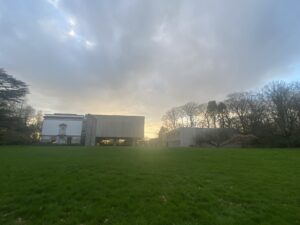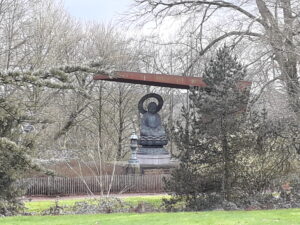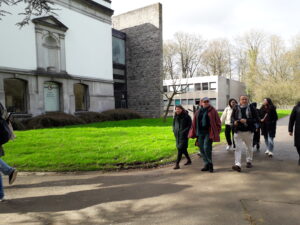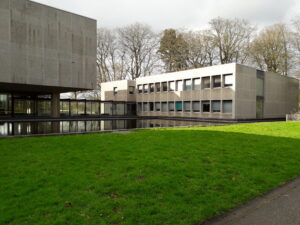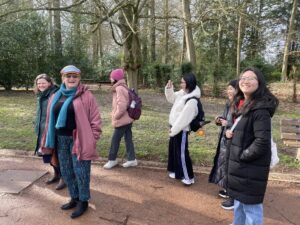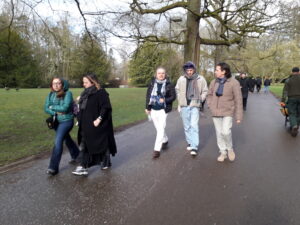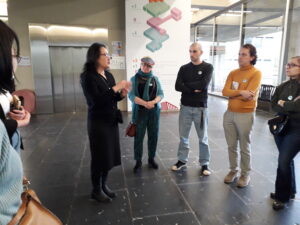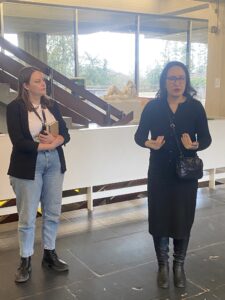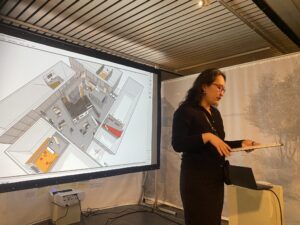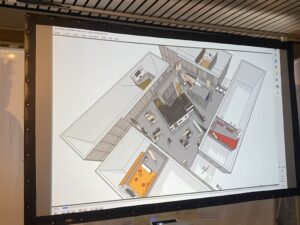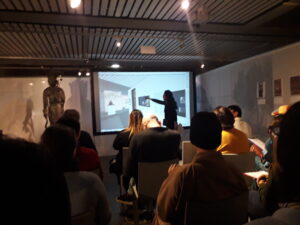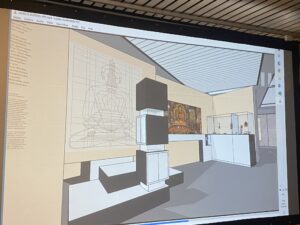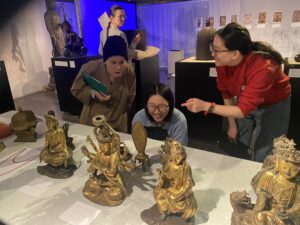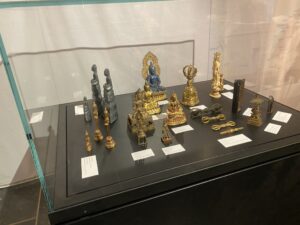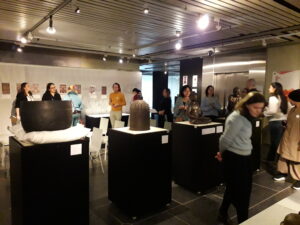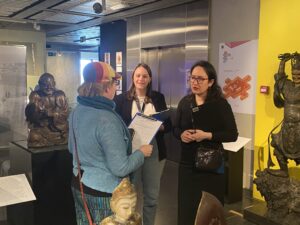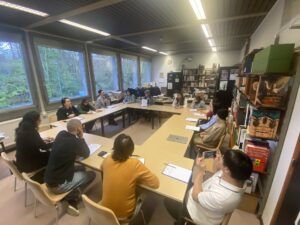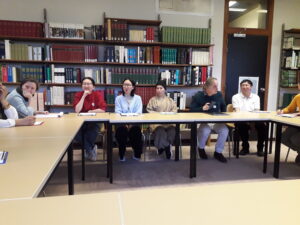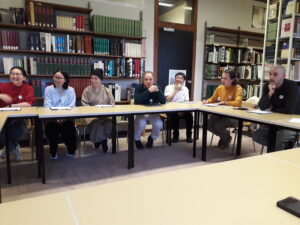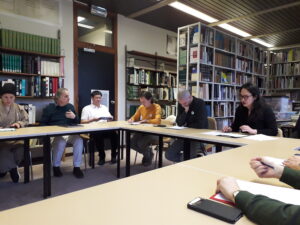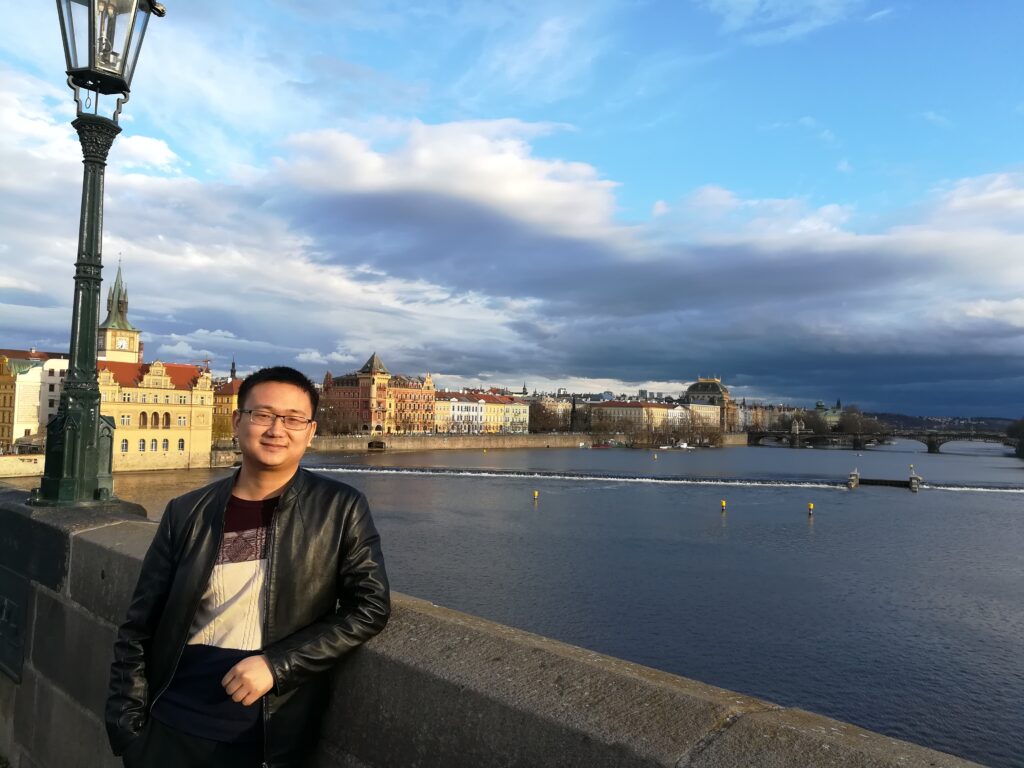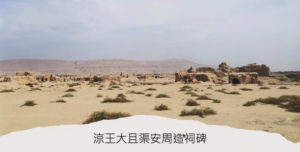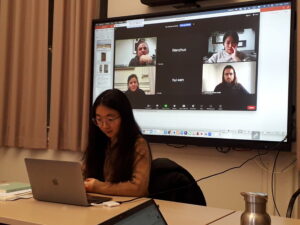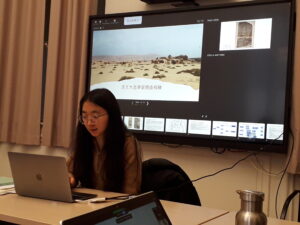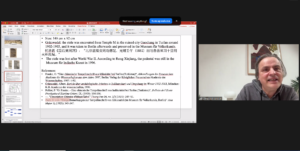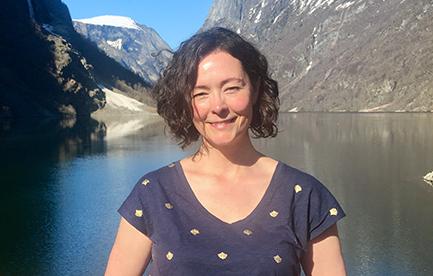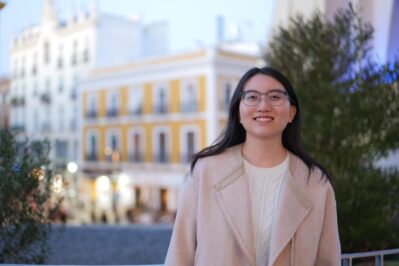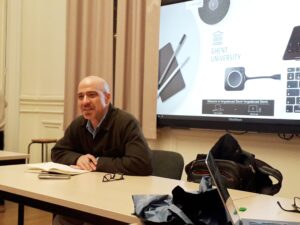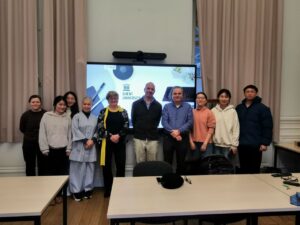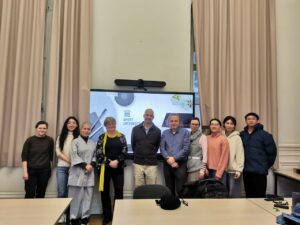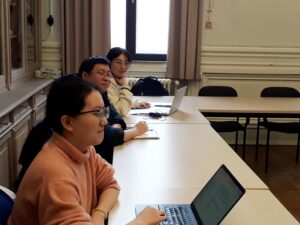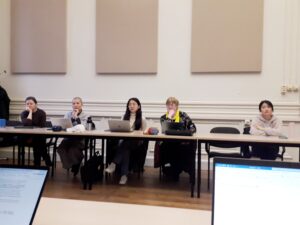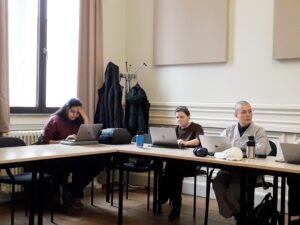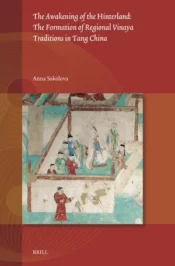The Ghent Centre for Buddhist Studies, in association with the Royal Museum of Mariemont, is happy to announce the call for papers for an upcoming conference on Buddha’s life narratives.
Wednesday the 16th until Friday the 19th of October 2024.
Royal Museum of Mariemont

The founding figure of Buddhism, Śākyamuni Buddha, has played an enormously important role for South and East Asian – and more recently also Western – cultures and societies. However, there is no authoritative biographic account which would be accepted by the multitude of Buddhist traditions. On the contrary, the stories concerning Śākyamuni’s life are as diverse as the doctrinal and rituals systems found in the various regions and schools of Asian Buddhism. In this context of the lack of cross-regionally and inter-sectarian accepted textual and visual sources, even key events of Buddha’s life have undergone countless interpretations in textual and visual media in the course of Buddhism’s geographical spread and doctrinal diversification.
Some of the influential hagiographical accounts of Buddha’s life, such as the Sanskrit Buddhacarita and the Lalitavistara and their renderings in other languages, have attracted the attention of numerous scholars, whereas many lesser-known narratives have remained understudied. The main goal of this conference is thus to gather scholars and discuss unusual variations and interpretations of Buddha’s life stories found in textual and visual materials. The narratives concerning Buddha’s life will be approached from an interdisciplinary perspective, including religious studies, philological and literary studies, archaeology, and art history, to name a few.
We invite speakers to present studies which for example focus on geographically localized adaptations of Buddha’s life – both based on visual and textual sources; variations we find in the texts and manuscripts composed in the various languages along the Silk Road and beyond; hybrid accounts of Buddha’s life which incorporate elements drawn from other traditions or cultural contexts; the way Buddha’s life is interpreted in contemporary media; as well as Western interpretations of Buddha’s life stories. There are no limitations concerning the temporal or geographical framework.
The international in-person conference is scheduled for 16-19 October 2024 at the Royal Museum of Mariemont, Belgium. This event is organised, in collaboration with the Ghent Centre for Buddhist Studies of Ghent University, at the occasion of the exhibition “Buddha. Experiencing the Sensible” (September 21st, 2024 – April 20th, 2025).
Interested participants should submit a 300-word proposal and a short biography (maximum 200 words) as a single Word document to Buddha2024@musee-mariemont.be by February 29th, 2024. The language of presentation will be English. Selected speakers will be notified by the end of March 2024.
Transport to and from hotels nearby the conference venue will be provided by the organising institutions.
Keynote speaker: Bernard Faure, Director of the Center for Buddhism and East Asian Religions, Columbia University, Kao Professor of Japanese Religion, Columbia University, Emeritus Professor of Religious Studies, Stanford University
Conference organisers:
Ann Heirman, Head of the Department of Languages and Cultures, Professor of Chinese Language and Culture, Director of the Ghent Centre for Buddhist Studies, Ghent University
Christoph Anderl, Professor of Chinese Language and Culture, Department of Languages and Cultures, Ghent University
Lyce Jankowski, Curator of extra-European Art, Domain & Royal Museum of Mariemont
Max Deeg, Professor in Buddhist Studies, Cardiff University
Neil Schmid, Research Professor, Dunhuang Research Academy
